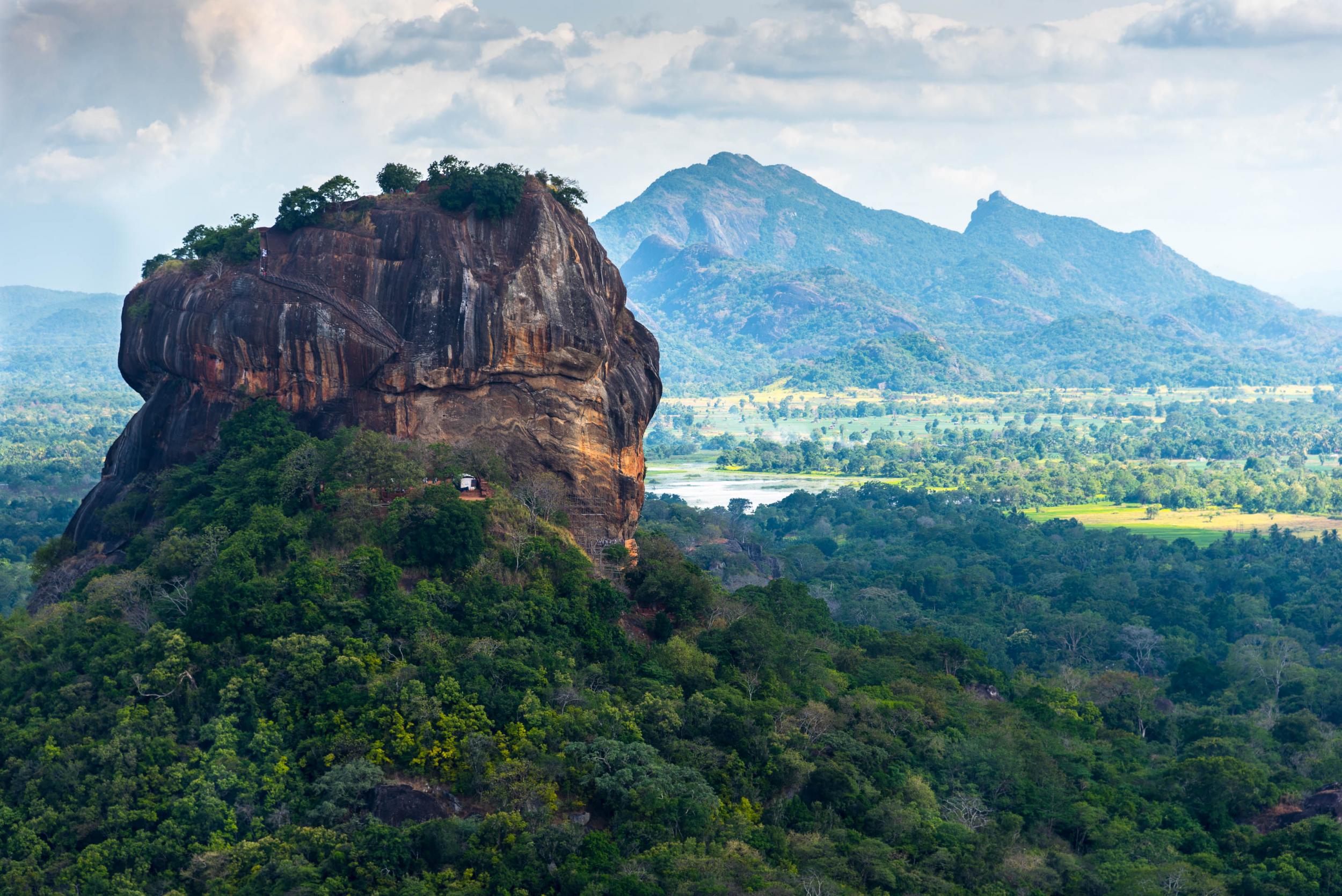Sri Lanka reduces airline charges in move to boost tourism
Tourism to Sri Lanka dropped 71 per cent in the month following the attacks

Your support helps us to tell the story
From reproductive rights to climate change to Big Tech, The Independent is on the ground when the story is developing. Whether it's investigating the financials of Elon Musk's pro-Trump PAC or producing our latest documentary, 'The A Word', which shines a light on the American women fighting for reproductive rights, we know how important it is to parse out the facts from the messaging.
At such a critical moment in US history, we need reporters on the ground. Your donation allows us to keep sending journalists to speak to both sides of the story.
The Independent is trusted by Americans across the entire political spectrum. And unlike many other quality news outlets, we choose not to lock Americans out of our reporting and analysis with paywalls. We believe quality journalism should be available to everyone, paid for by those who can afford it.
Your support makes all the difference.Sri Lanka has agreed a move to reduce airline charges in order to stimulate tourism growth following the Easter Sunday terrorist attacks.
The government will reduce ground handling charges, the price of aviation fuel and the embarkation levy for six months to encourage airlines to slash the cost of flights into Sri Lanka.
Discounts are also being offered by hotels and restaurants in Sri Lanka.
On 21 April, coordinated terrorist attacks on churches and hotels killed over 250 people, including UK holidaymakers.
Soon after, the UK’s Foreign Office put Sri Lanka on a travel blacklist, which required tour operators to suspend holidays. Some companies evacuated customers from the island.
The FCO declared travel as Sri Lanka as “low risk” to visit at the start of June.
As a result of the attacks, tourism to the South Asian island nation plummeted 71 per cent in May, and 57 per cent in June year-on-year, according to Sri Lanka’s official tourism statistics.
In 2018, more than 2.3 million tourists arrived in Sri Lanka – 98 per cent of them by international airlines, according to the chairman of the Sri Lanka Tourism Development Authority, Johanne Jayaratne.
He estimates the daily financial impact of the attacks at between 12 million Sri Lankan rupee (£55,000) and 51 million (£233,000), according to local media.
Join our commenting forum
Join thought-provoking conversations, follow other Independent readers and see their replies
Comments